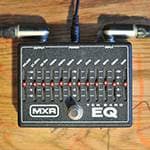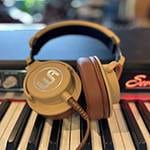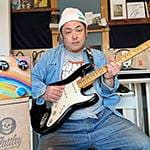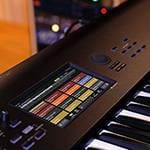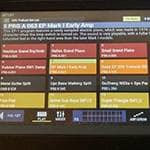

Where should we stand?
What’s going on? So sudden.
Where should we stand??
I’m usually on stage left.
No! Horry isn’t bad at all! I think you’re great!
Who said I’m bad!? No, I’m saying ‘stage left’! *‘shimo-te’/下手 can also be pronounced ‘heta’, which means ‘poor at something’
Timotei!
No, I’m not talking about a shampoo brand! But man, that’s nostalgic.
Ah, you mean the ‘stage left’ from ‘kamite-shimote’.
How many years have you been in a band?
About 20 years with the Captains!
(Searches online) Oh, Timotei is still being sold. It’s still around.
About 20 years!
Congrats.
Thanks!
Our band, National, has been around for 15 years, so you’re quite the senior.
Indeed! By the way, why do you prefer stage left?
Why, huh? Maybe because the bass amp is there?
That sounds cool!
Like, “Because the mountain is there.” In reality, bass amps are often on stage left. So, unless there’s a specific reason, bassists usually stay there.
True. Maybe it’s because you can see the drummer more easily over the neck of the bass?
Could be. I’ve heard that reasoning before. But then, left-handed bassists would prefer stage right, wouldn’t they?
In the Captains, our bassist is on stage left, guitarist on stage right, and I’m in the center!
Center suits you perfectly.
I think so too.
Have you always been in the center?
Actually, no. Recently, I watched footage from when the Captains first started, and I was a bit to the stage left from the center.
Oh, right. That was refreshing to see.
We thought if we’re doing Group Sounds (GS), everyone should line up evenly.
Should they?
I mean, it’s better if the audience can clearly see everyone, right?
Should they?
ドSo, we placed the drum set in the center, and the other members arranged symmetrically.
Interesting.
From stage left: bassist, vocalist (me), drummer, guitarist, keyboardist!
Ah, slightly to the left of center.
Exactly.
But eventually, you moved to the center.
Yeah, once I stood there, everyone, including myself, agreed it felt just right.
It felt right, huh?
So, about positioning and monitor balance—let’s talk about that.
For me... for instance, in Lime Light, our vocalist/guitarist Ojo was already on stage left before I joined, so I naturally ended up on stage right. Otherwise, I’m usually on stage left. 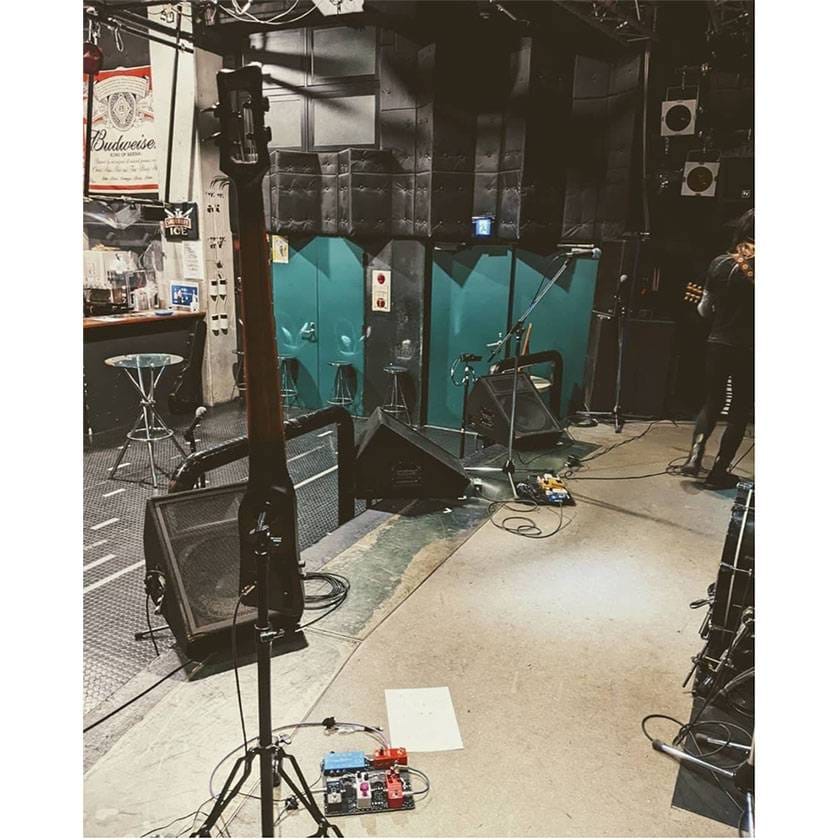 No particular reason. Ah, in the Show Words, I’m on stage right. That was because of you, Kizuhiko, wasn’t it?
No particular reason. Ah, in the Show Words, I’m on stage right. That was because of you, Kizuhiko, wasn’t it?
Yes. Being on stage left makes it easier to jump into the center during a guitar solo!
Like a soccer striker! And about monitor balance, I usually get about three drum channels. Then I’ll add my bass as needed. I try not to rely too much on the amp on stage to avoid messing up the overall balance.
Makes sense.
For guitars, keyboards, and vocals, I only include them in the monitor if absolutely necessary. Often, the natural stage sound suffices. Sometimes even the sound that spills over from the front-of-house speakers is enough.
Some venues have strong spillovers, and the reverberation gets mixed in.
Exactly. If someone other than the drummer leads the rhythm, I’ll include that in the monitor. For example, in Lime Light, Ojo’s acoustic guitar often sets the tempo, so I make sure it’s clearly audible.
That’s crucial.
When supporting singer-songwriters, this happens a lot. For guitarists, you focus on their guitar; for pianists, their keyboard.
The leader’s nuances.
That’s about it... though there are more specific details. Depending on the band or drummer, I might adjust the drum mix—like boosting the hi-hat or snare.
Drummer habits, huh?
I made it sound precise, but there are many times I go without monitors entirely... If I share a monitor with, say, a keyboardist on stage left, it’s hard to find a balance that satisfies both. So, in those cases, I just go without. I’ve trained myself to play without monitors... What about you, Kizuhiko?
From the wedge (floor monitor), I max out my own vocals!
As the vocalist, that’s essential.
Sometimes I’ll add my guitar if it’s hard to monitor through the amp alone.
Do you generally focus only on your voice and instrument?
My bandmates play loud. The drummer’s natural volume sets the baseline.
That makes sense.
Naturally, the bass and guitar amps are loud too.
Right.
So, I rarely include them in my wedge speaker. By the way, a wedge speaker refers to a floor-type monitor speaker. 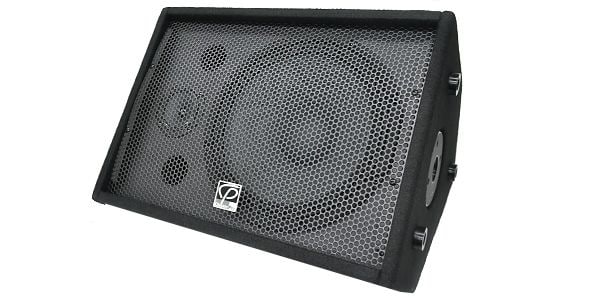
CLASSIC PRO / CP12ME
Any tips for monitor use?
Sometimes I cut the low frequencies of my voice for clarity. Boosting the highs makes monitoring easier.
Interesting. For vocals, it’s the highs. For bass, it’s the mids. I often ask the sound engineer for a ‘tight’ sound, as it’s easier to hear.
Agreed. Serious folks might even switch to in-ear monitors.
Depends on the venue size and setup.
But don’t in-ears make it harder to hear the audience’s cheers? That’s a no-go for me!
Sure, sure.
Also, there was a time I requested heavy reverb for that retro vibe, but I don’t ask for it anymore.
Some use reverb for atmosphere, but do you find it easier to monitor with a dry sound?
Yes! Plus, my voice is so good, it’s a waste to blur it with effects!
Well... can’t argue with that!
Indeed, everything is for?
Love!
The “sound & person” column is made up of contributions from you.
For details about contributing, click here.






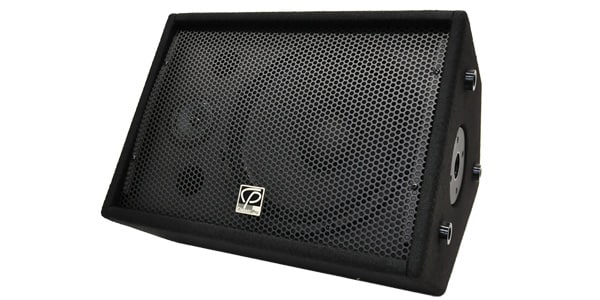
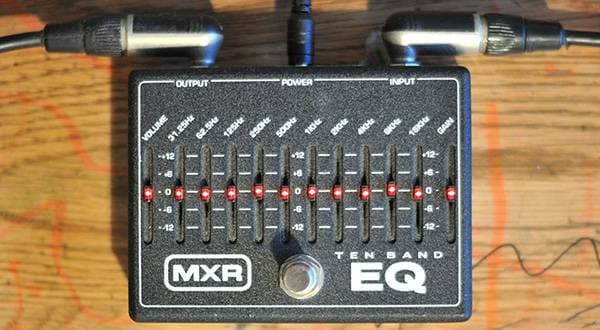
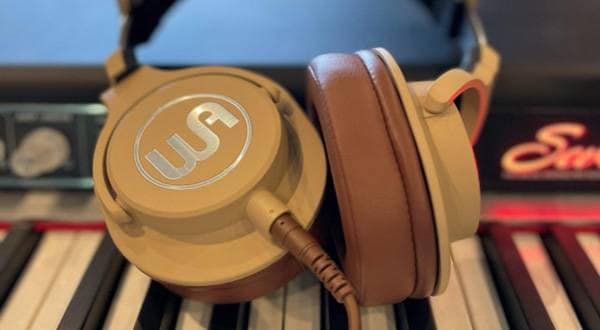

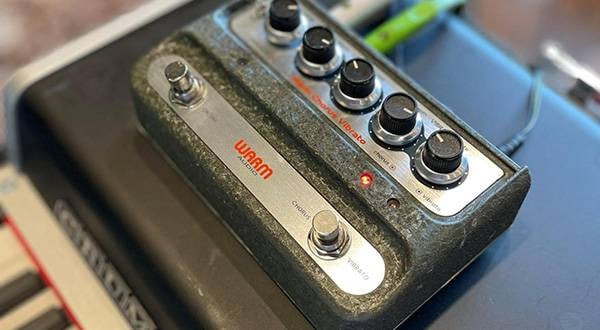
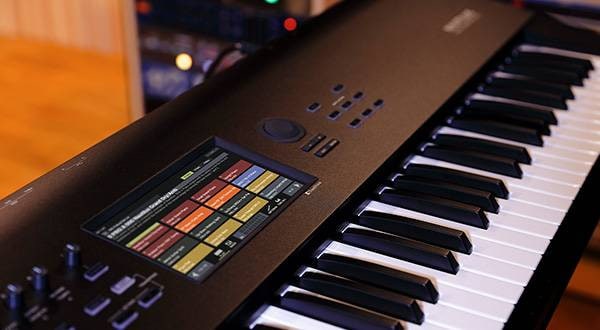
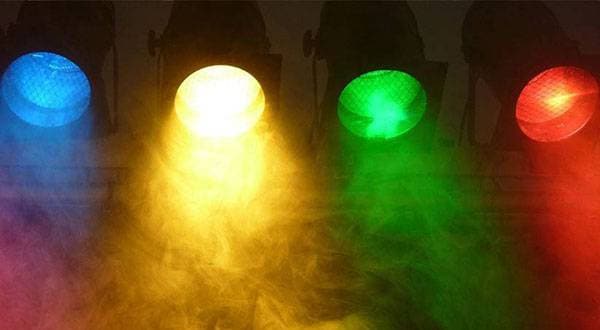
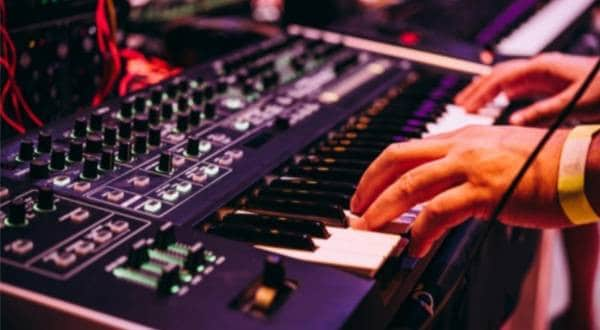
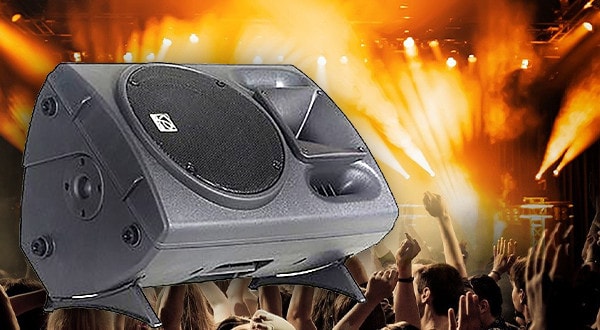



 バンドあるある相談
バンドあるある相談
 QSC パッシブスピーカー Eシリーズ
QSC パッシブスピーカー Eシリーズ
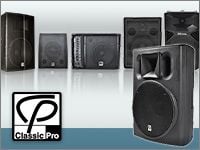 スピーカーの定番 Classic Proのおすすめモデル
スピーカーの定番 Classic Proのおすすめモデル
 サウンドハウス社員が選ぶ 『おもしろ商品』はコレだ!
サウンドハウス社員が選ぶ 『おもしろ商品』はコレだ!
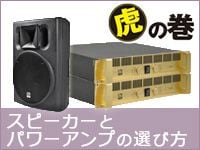 スピーカーとパワーアンプの選び方
スピーカーとパワーアンプの選び方
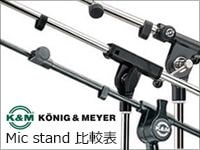 K&M マイクスタンド比較表
K&M マイクスタンド比較表
